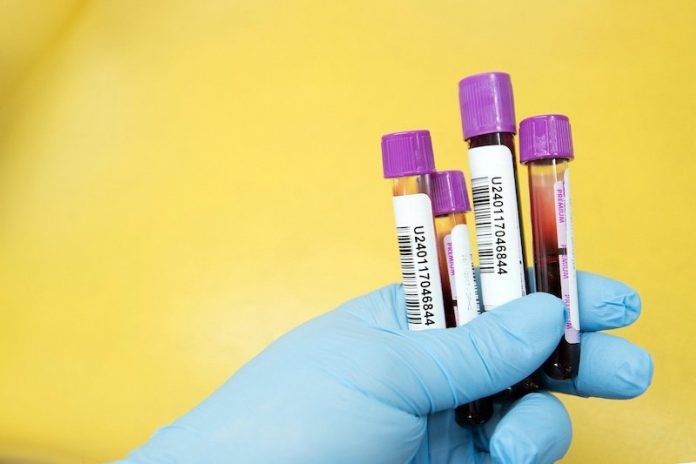
HDL cholesterol (high-density lipoprotein cholesterol), or “good cholesterol,” is linked to a decreased risk of heart disease as it transports cholesterol deposited in the arteries to the liver to be eliminated.
This contrasts with the so-called “bad cholesterol,” LDL (low-density lipoprotein cholesterol), which causes cholesterol to accumulate in the arteries and increases heart risk.
Although drugs that lower LDL cholesterol reduces heart risk, those that raise good cholesterol have not proven effective in reducing the risk of heart disease.
This paradox has called into question the link between good cholesterol and heart risk, and researchers are now studying the characteristics of these HDL or good cholesterols.
In a new study, researchers found that not all good cholesterol is healthy.
The research was conducted by the Hospital del Mar Medical Research Institute and elsewhere.
In the study, the team analyzed genetic characteristics that determine the size of good cholesterol particles and then studied their link with the risk of heart attacks.
Their conclusion is that genetic characteristics linked to the generation of large good cholesterol particles are directly linked to a higher risk of heart attack, while features linked to small good cholesterol particles are related to a lower risk of a heart attack.
The researchers say that there is a positive link between the size of HDL cholesterol particles and the risk of heart attack, but they must always be small particles.
The good cholesterol particles are more effective in transferring cholesterol to the liver so that it can be eliminated.
Small particles are those that adequately perform the function of eliminating cholesterol, those that really move it to the liver for removal, and do not allow it to accumulate in the arteries and cause cardiovascular disease.
Currently, there are no drugs that increase good cholesterol levels and reduce the risk of heart disease.
This study highlights new treatments in the field of heart diseases, including several genes related to the qualitative aspects of HDL particles.
One author of the study is Dr. Robert Elosua.
The study is published in Metabolism, Clinical and Experimental.
Copyright © 2021 Knowridge Science Report. All rights reserved.



